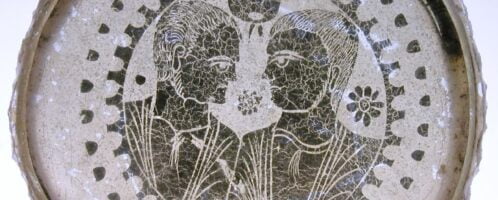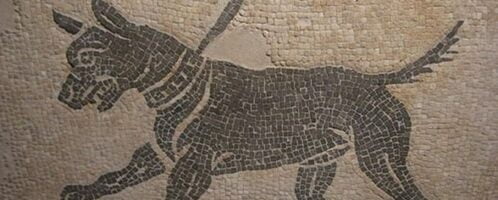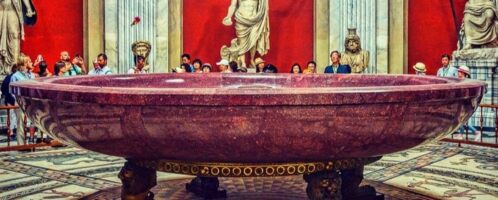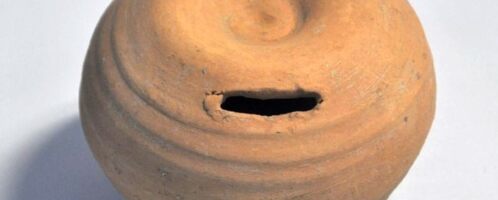Poppaea Sabina – Nero’s wife
Poppea Sabina was the mistress and then the second wife of Emperor Nero. Poppaea led a lavish lifestyle and was known as a beautiful, calculating woman. Some of her beauty treatments gained great fame (e.g. baths in donkey’s milk). It was she who persuaded Nero to murder his own mother – Agrippina the Younger. Probably Nero himself led to the death of Poppaea in 65 CE.











